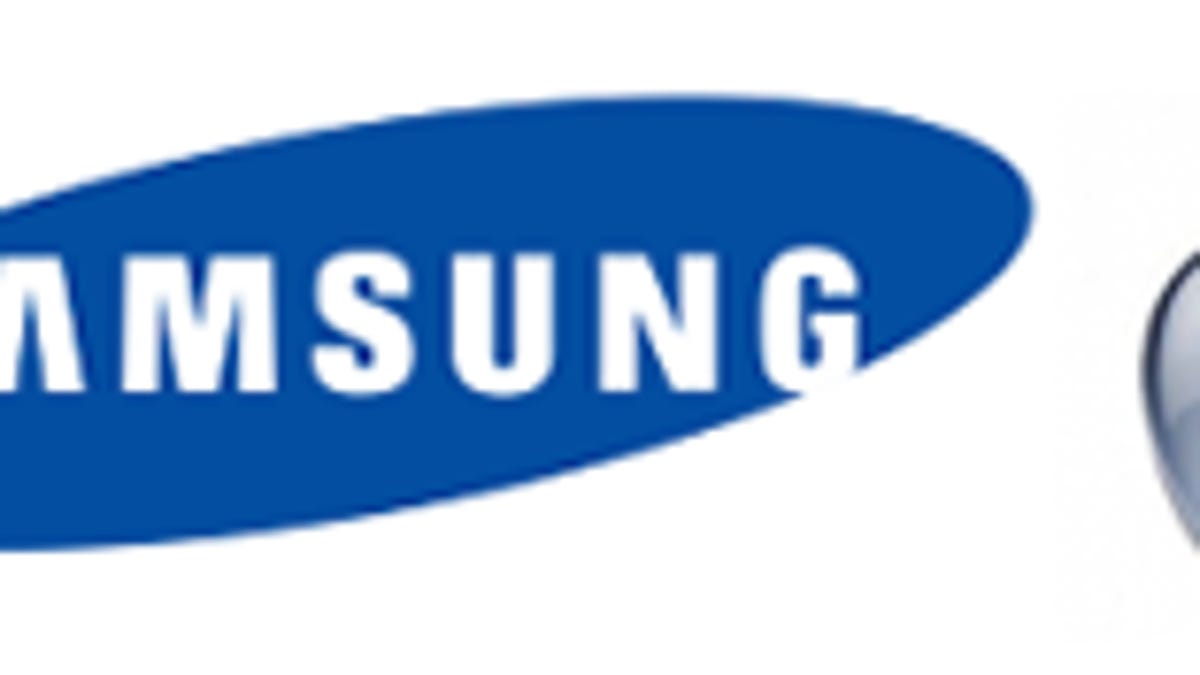Apple using Samsung for next iPhone despite patent battles
Although the two companies have been fighting it out in the courts over patent claims, Samsung will still supply the A6 chip that Apple needs for the next iPhone, according to a report in The Korea Times.

Apple and Samsung may be battling each other in the courts over patent claims but the two companies are reportedly still working with each other on the technology for the next iPhone.
Samsung will supply the A6 processor slated to appear in the iPhone 5, or whatever Apple dubs its next phone, says The Korea Times. Citing industry sources, the publication reports that Samsung has boosted the production of Apple-designed A6 chips at its plant in Austin, Texas.
• As Apple seeks new chip suppliers, theories abound
• Apple's A6 chip in pilot production
• A6 chip to reach iPad 3 later in 2012, says analyst
• Despite legal battle, Apple keeps Samsung inside iPhone
"Apple has been in talks with Samsung over shipment of its A6 quad-core mobile processor (AP) chips to be used in the next iPhone. It appears that Apple clearly has concluded that Samsung remains a critical business partner," an executive from an Apple parts supplier in Korea told The Korea Times on condition of anonymity. "Samsung Electronics will apply its advanced 28-nanometer processing technology to produce qualified A6 mobile APs," the source added.
If true, this report contradicts earlier news that Apple was jumping ship to chipmaker Taiwan Semiconductor Manufacturing (TSMC) for the manufacturing of the A6 processor. Apple has previously relied on Samsung to produce the A5 processor found in the new iPhone 4S and the iPad 2.
However, TSMC may not be out of the game, at least not entirely. The source told The Korea Times that TSMC will still provide customized chips designed from Apple but that the output would be very small.
Apple has reportedly been hesitant to give TSMC too big a piece of the action amid concerns that the Taiwan-based company's manufacturing process isn't yet stable. In August, Linley Group senior analyst Kevin Krewell told CNET about the dangers to Apple in switching suppliers.
"The foundry switch is not without risk," he noted "In the past, TSMC has had problems with new technology (for example, early 40nm yield problems and the Nvidia 'bump-crack' issue) that would be unacceptable to a demanding customer like Apple."
Yankee Group research director Carl Howe also summed up the situation by telling CNET that "the parts used in Apple products prove that no matter what litigation is taking place in court, Samsung remains a key ally and supplier to Apple for its products. This co-opetition phenomenon simply demonstrates that with more than half a billion smartphones being sold this year globally, no company can ship that many devices without relying on other companies, and Apple is no exception to that rule."
Beyond appearing in the next iPhone, the quad-core A6 chip is also likely to pop up in the next iPad, though that may not happen until June at the earliest.
To try to cement better relations amid the persistent legal battles, Lee Jae-yong, Samsung's chief operating officer and the son of Chairman Lee Kun-hee, was invited by Apple CEO Tim Cook to join the private memorial service for Steve Jobs that took place yesterday. The two were then slated to meet privately to discuss several ongoing issues.
Neither Apple nor Samsung immediately responded to a request for comment.
Apple and Samsung have been embroiled in a series of back-and-forth patent disputes over the past several months. Apple has argued that Samsung's Galaxy smartphones and tablet have infringed on patents related to the iPhone and iPad. Samsung has claimed that Apple's products have violated some of its own patents for mobile and wireless technologies. In the latest legal salvo, Samsung is trying to block sales of the iPhones 4S in parts of Europe as well as in Australia.

